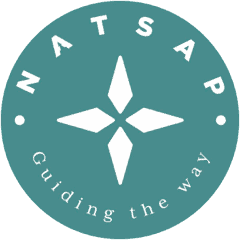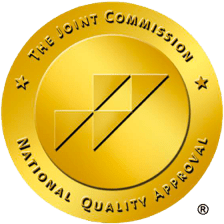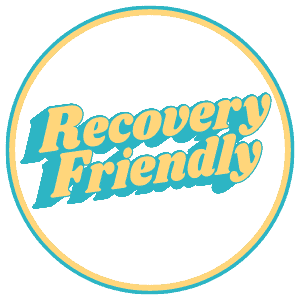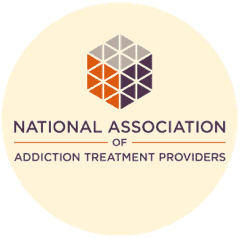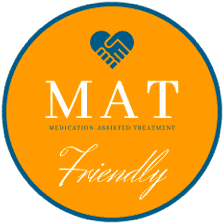Relapse Prevention & Aftercare Support
Make no mistake, recovery is perhaps one of the most significant emotional and financial investments an individual or family will ever have to make, and without long-term structured support, relapse is likely to occur.
What is Relapse and Relapse Prevention?
Implementing relapse prevention skills and healthy coping skills early in your recovery process is vital to a long-term sober life. Drug or alcohol use is not a one-size-fits-all treatment, and relapse prevention should be designed based on what best fits your needs.
Physical Relapse Consequences
One of the biggest consequences of relapse are the physical side effects. Depending on the drug or alcohol addiction, the side effects experienced can vary. Post-acute withdrawal symptoms (PAWS) have different effects on each person, but carry negative consequences to your physical health, and can quickly become a medical emergency.
By identifying common triggers and noticing the early warning signs of relapse, you can implement healthy coping strategies and reduce the risk of relapse.
Mental Relapse Consequences
Mental relapse is a common part of the substance abuse relapse cycle. In addition to the physical symptoms of relapse, mental relapse and emotional relapse carry their own side effects. These can include an increase in mental health symptoms, poor self-care and hygiene, and isolation from loved ones.
Mental urges play a key factor in relapse. One of the early coping skills taught for mental relapse is deep breathing and meditation. Deep breathing releases neurotransmitters, which can ease mental distress and clear the mind.
Creating a Relapse Prevention Plan
When getting treatment for substance abuse, you will likely have a portion of your treatment at Next Step Recovery devoted to developing a relapse prevention plan. You may meet with your treatment team to discuss possible strategies to prevent relapse, live a healthy life, and increase personal growth. Some of these strategies and recommendations may include:
Identifying and addressing internal and external triggers
Mindfulness-based relapse prevention, including practice of a useful deep breathing technique or other meditations
Addressing poor sleep habits, poor self-care, and poor eating habits.
Implementing physical exercise for pain reduction and physical health
Family therapy or individual therapy referrals to address warning signs and high risk situations
The Cost of Drug and Alcohol Addiction & Relapse Cycles
When considering the cost of recovery options, it’s important to remember the cost of untreated addiction. It’s much higher than you may think.
According to the National Institute on Drug Abuse, the annual cost of drug and alcohol addiction in the United States is $417 billion which includes the cost of crime, lost work productivity, and health care.
Then there’s the irreplaceable cost of lives lost to addiction. Nearly 132,000 Americans die annually from alcohol-related causes and drug overdoses. That’s an average of 360 lives per day making addiction one of our nation’s leading preventable causes of death (far surpassing traffic accidents, gun violence, and falls combined).
If Not Now, When?
In early recovery, timing and support are everything.
If you are considering the next step after in-patient treatment, we encourage you to contact our recovery specialists to discuss how Next Step can support your long-term recovery goals and your investment.
Get Help Now
Fill Out The Form Below
or Call (828) 761-0722.
"*" indicates required fields

Medically Reviewed By Susan Stader MS, LCMH, LCAS, CCS
Susan Stader is the founder and director of Next Step Recovery and NSR of Asheville, an Intensive Outpatient Program and a Long-term Extended Care program in Asheville, NC. She received her Master’s in Community Counseling in 2004 at Western Carolina University and went on to get her licensure in addictions and mental health counseling. Susan believes that treatment should be gender-specific and offered in a small setting. Small recovery communities, such as hers, are more intimate and effective in overall client satisfaction and care.
Reach Out Today
Recovery is a lifelong journey, but you don’t need to take it alone. At Next Step Recovery, we give you the tools and support you need to get through early sobriety and find lasting healing. It is our goal to empower our patients to be their best selves and live the life they deserve.
If you have any questions about our programs, methods, insurance, or anything else, reach out to us today. We look forward to helping you to get started along the road to recovery!
Get in Touch Now
Take the Next Step Toward Recovery
"*" indicates required fields


